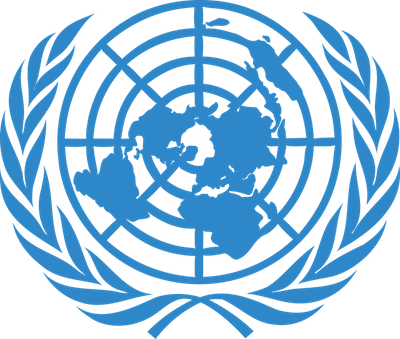UN OEWG 2021-2025 2nd substantive session
Session reports
The UN Open-Ended Working Group (OEWG) held its second substantive session this week (28 March–1 April). The group, which started its work in June 2021, still has not agreed on organisational matters. The disagreement concerns how stakeholders will participate in the OEWG. Therefore, member states did not adopt the provisional programme of work, which made continuing the formal session impossible. The chair decided that the OEWG would proceed in an informal mode to discuss substantive issues.
Explainer: Informal vs formal mode Informal consultations encompass personal communication between delegates, including social interaction and interaction about the business of the conference. Most agreements are reached in informal mode. The main function of formal processes is to codify agreements previously reached informally and to provide the context for informal exchanges. |
The group discussed substantive issues under its mandate in informal mode, the existing and potential threats in the ICT sphere and data security; rules, norms, and principles of responsible behaviour of states in cyberspace; how international law applies to the use of ICTs by states; confidence-building measures; and capacity building.
The key takeaways from the session include:
- There is no consensus on the OEWG’s work modalities, in particular in relation to the way other stakeholders would participate in its work; the chair has invited member states to come to an agreement before the 25-29 July substantive session, to be able to further agree on the programme of work.
- The states did not agree on whether there is a current acquis about: the work, the cumulative 2010, 2013, 2015, and 2021 GGE and OEWG reports, and whether new norms and legal instruments need elaboration.
- The majority of member states confirmed their consensus on the acquis and would like to move on to the implementation of existing norms. Due diligence obligations, protection of critical infrastructure, and attribution were discussed in detail.
- The majority of states confirmed that international law, including the UN Charter in its entirety, applies to the use of ICT by states. These states would like to develop a deeper understanding of how international law, and in particular, international humanitarian law and international human rights law apply to state cyberspace activities. On the other hand, some countries called for an original, international, and legally binding instrument to regulate state behaviour in cyberspace.
- There is general agreement that the directory of states’ Points of Contact should become an active and operational network, which would run table-top exercises and possibly respond to requests for support in cases of cyber incidents.
- Increased participation of developing states explicitly reflects the interest in cybersecurity capacity building. The OEWG can significantly promote capacity building at a global level, while regional bodies and others including the private sector, civil society, and academia have to play a vital role. Many states are in favour of the Programme of Action (PoA) hoping it will help conducting capacity-building activities as set in paragraph 56 in the final report of the previous OEWG. Developing countries suggested developing a mechanism for financial assistance and enhancing technical assistance.
The official meeting was supported with three virtual meetings, organised by the chair.
- Open-ended informal preparatory meeting on 18 March 2022.
- Informal dialogue open to all stakeholders, ahead of the second substantive session on 24 March 2022. Tentative dates for future informal consultative meetings are here.
- Informal open-ended meeting, open to all delegations and interested stakeholders on 31 March 2022.
For more information about the OEWG, please visit Digital Watch’s dedicated page and the official webpage.

